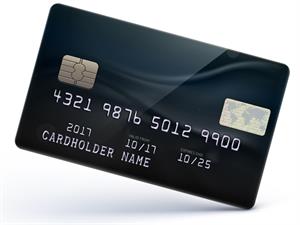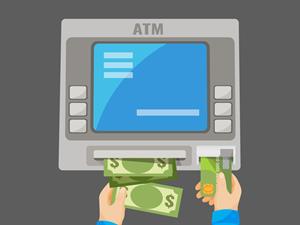
PUMPA - SMART LEARNING
எங்கள் ஆசிரியர்களுடன் 1-ஆன்-1 ஆலோசனை நேரத்தைப் பெறுங்கள். டாப்பர் ஆவதற்கு நாங்கள் பயிற்சி அளிப்போம்
Book Free DemoThe History of Electronic Transactions:
Money as a medium of exchange has dominated the economic systems for centuries which was later changed by the rise of a new mode of payment, namely Electronic Transactions.
The first instance of Electronic Transaction was seen in 1871 when the Western Union Telegraph company initiated the “Electronic Fund Transfer” (EFT) for the first time to exchange funds.
The EFT method uses a mechanism through which the funds are transferred from one party’s account to another party’s account without a physical exchange of cash.
The Birth of Charge Cards:
In 1914, the Western Union further revolutionised the payment systems by introducing cards that could be used for the payment of retail and wholesale shopping.

Credit Card
This card allows the customer to purchase items or goods on credit, which should be repaid by the customer later. These cards came to be known as “Charge Cards”.
The Charge cards served as the common electronic transaction methodology during the beginning of the 20^{th} Century.
Automated Teller Machines (ATM):

An ATM dispensing Cash
The advent of the Automated Teller Machines brought a sea of change in the mode of withdrawing money which was earlier possible only through banks.
These machines are kept in remote places across the cities from where people can withdraw money from their bank accounts in 24×7 manners.
Barclays Bank: World’s first ATM was established in 1967 at a branch of Barclays Bank in Enfield, a Suburb of London.
This cash-dispensing machine was designed and developed by “John Shepherd Baron” who was later credited as the inventor of the ATM.
Modern-Day Electronic Transactions:
The evolution of Electronic Transactions can be seen throughout the world as the entire economies around the globe are heading towards a cashless economy. Some of the most commonly followed methods of electronic transactions are listed below.
1. Mobile Banking
2. Credit Card
3. Private App Services (Phonepe, Paytm, Google Pay).